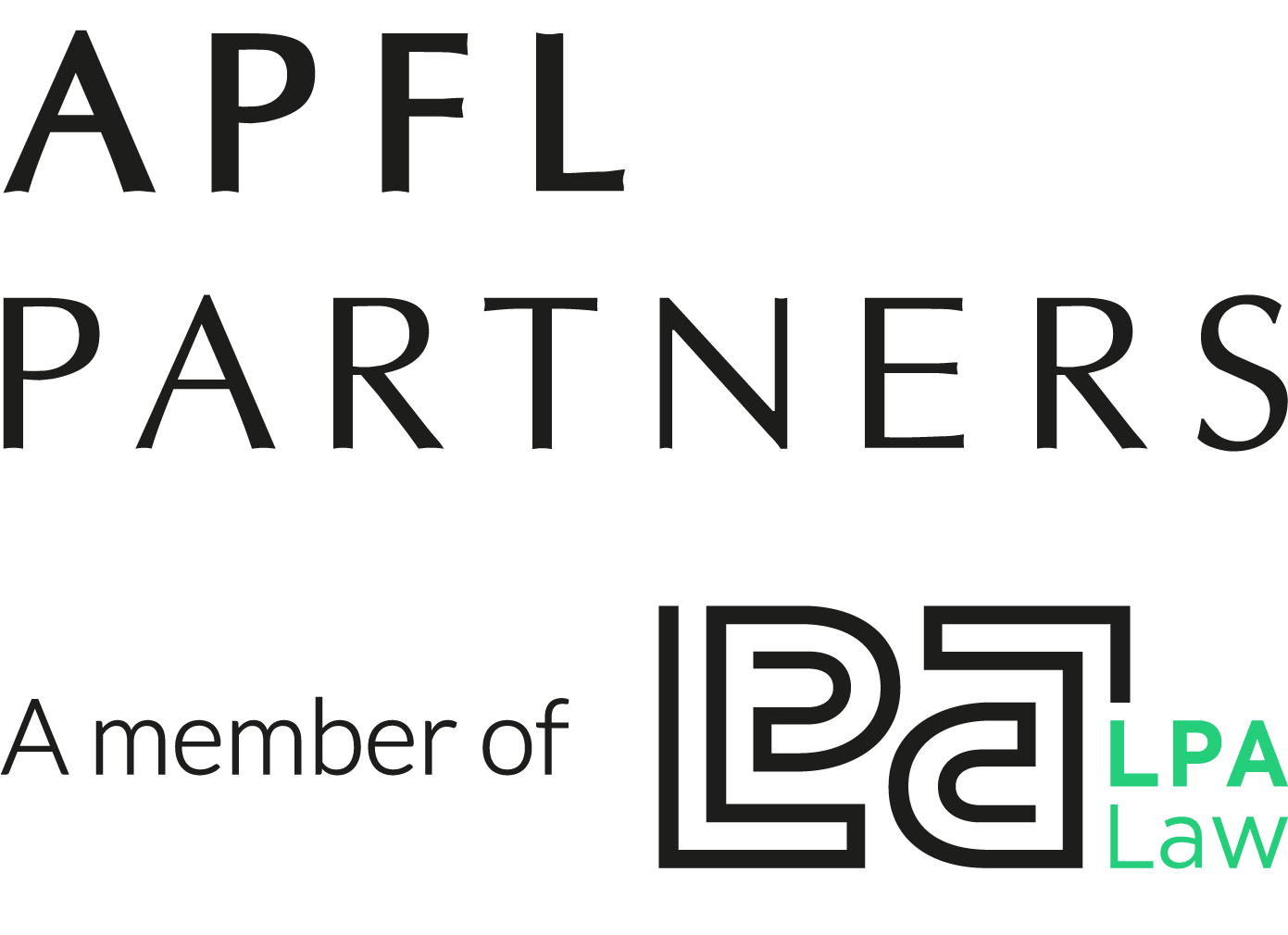Revised Law on Credit Institutions Set for Implementation

Next month, the revised Law on Credit Institutions will come into force. Entering the statute books on 18 January, Law No. 32/2024/QH15 contains 15 chapters and 210 articles and will replace the previous legislation on credit institutions from 2010. In doing so, it will introduce new provisions around the governance and regulation of domestic and foreign banks and financial institutions when it is implemented on 1 July.
Greater transparency
Firstly, the new law aims to make banking more transparent and increase public oversight of financial services. For instance, individuals or organisations who own more than one per cent of charter capital in a bank must have their names and other personal information published on the bank’s website. This information must also be shared with the annual meetings of shareholders. This disclosure obligation also applies to members of the board.
Meanwhile, the new law also introduces caps on ownership. In particular, no one individual shareholder is permitted to own – either directly or indirectly – more than five per cent of the total shares. Organisational investors, on the other hand, face a new ten per cent cap on ownership.
Likewise, there are caps on the amount of charter capital that individual or institutional shareholders (including related parties) can own in credit institutions. These are lower than the caps in previous regulations. Those with shareholdings above the new limit do not need to sell them. However, new shares cannot be bought until the shareholder is below the prescribed levels.
The law further aims to dilute the control of large actors and avoid the risk of market manipulation, with large shareholders in one financial institution prevented from owning more than a small percentage of another. A new and broader definition of ‘related parties’ is one of the tools in the new law to achieve this.
Increased governance
Secondly, the revised law also aims to improve financial governance. In particular, it includes provisions on ‘early intervention’. For instance, banks and financial institutions must now prepare a ‘recovery plan’ – the contents of which are outlined in the new law. This must be approved at shareholder AGMs or other relevant bodies and updated on a bi-annual basis.
The State Bank of Vietnam (“SBV”) has acquired greater powers in the new Law on Credit Institutions. For instance, if certain thresholds are met, the SBV can intervene and require financial institutions to increase their liquidity, cut their costs, or re-organise their operations. These thresholds triggers include the ratio of accumulated losses to charter capital and financial reserves, minimum solvency requirements, and bank runs.
Improved security
Thirdly, the law aims to provide greater security for the financial sector. For this reason, it includes specific provisions on mass withdrawals – otherwise known as bank runs – and outlines the steps banks must take when faced with this situation. These include putting an immediate stop to lending services or paying cash dividends.
It also offers clarification on the roles of commercial or foreign bank branches acting as ‘security agents’. This is now recognised in the law, whereas previous regulations had been unclear on this matter.
This article is just a brief snapshot of the new provisions included in the Law on Credit Institutions. The law itself contains some important changes compared to the previous regulations, and business leaders in the financial sector should make themselves aware of its implications as the new law enters into force. For more information about this legislation, please get in touch with our team on: contact@apflpartners.com
Disclaimer: This article and its content are for information only and are not given as legal or professional advice. they do not necessarily reflect all relevant legal provisions with respect to the subject matter. Readers should seek legal or professional advice before taking or refraining to take any action.


